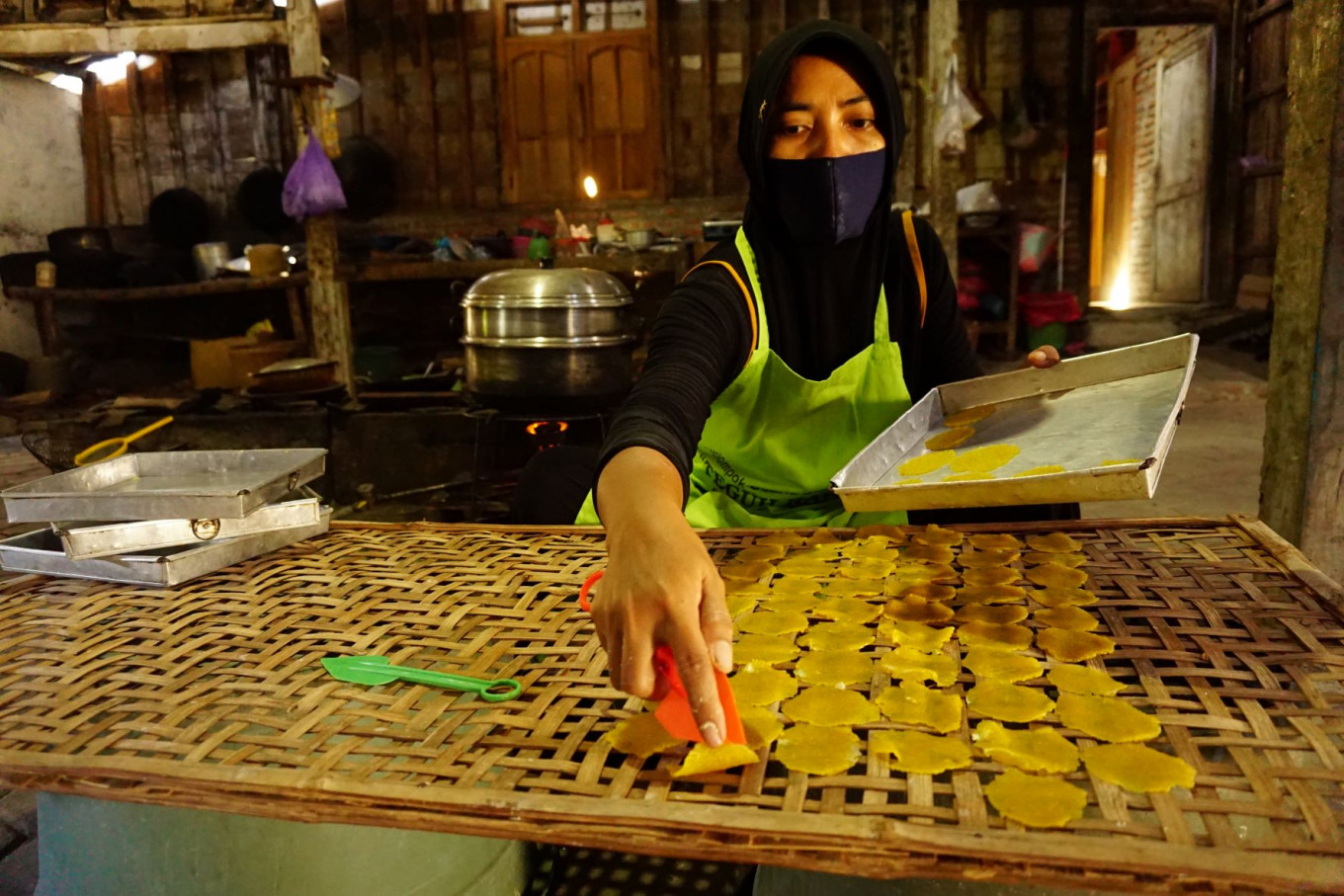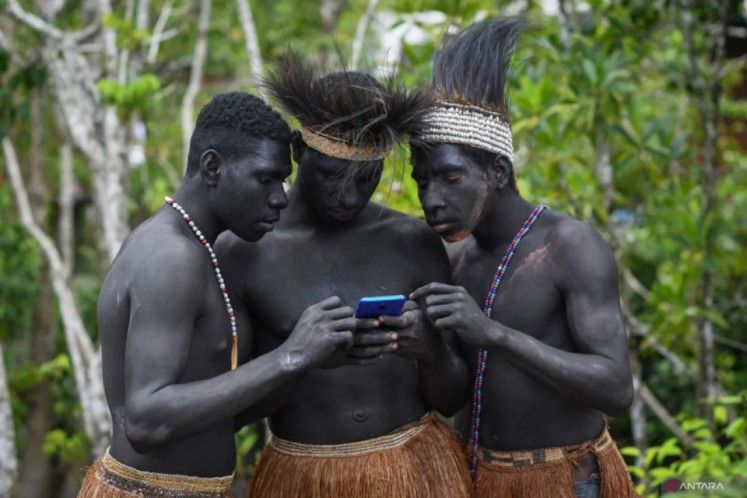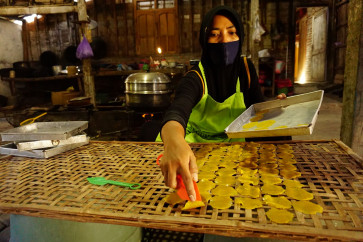Popular Reads
Top Results
Can't find what you're looking for?
View all search resultsPopular Reads
Top Results
Can't find what you're looking for?
View all search resultsSavvy and financially literate: A pathway to women's empowerment
In Indonesia, women make up 54 percent of borrowers from high-interest online loan providers, making them more susceptible to loan sharks and debt collectors, which may often pursue intimidation tactics.
Change text size
Gift Premium Articles
to Anyone
M
arch 8 marked International Women’s Day (IWD), and in a strangely familiar way, the significance of this special day took me back to a time decades ago when tragedy unexpectedly struck my family.
As a teenager I had set my sights on becoming an accountant, believing that this path could lift us out of a “near poverty” situation after my mother became a single parent for her four children. When our father, the family’s breadwinner, passed away, my mother was not well versed in financial terms and knowledge, let alone investment tools that could safeguard and protect our families. Hence, I have since made it my personal mission to educate myself with financial know-how, empowering our families with the tools to safeguard our future.
While I may not have become an accountant, my financial knowledge has been pivotal in shaping my professional career. The in-depth knowledge of financial literacy has empowered me to lead a not-for-profit government consultancy that works alongside Indonesia’s top leaders.
I realize that my story is not unique, and yet I am one of the few privileged ones who managed to learn financial literacy from an early age. For millions of women in Indonesia, financial literacy remains a luxury, let alone getting basic financial services such as savings accounts, credit and insurance. This gap further hinders our well-being.
In this context, this year’s IWD theme “For ALL Women and Girls: Rights. Equality. Empowerment” provides an opportune moment to reflect on the critical role of financial inclusion in achieving these goals.
In Indonesia, the landscape of financial inclusion has evolved with some progress being made, and yet some women are still marginalized in financial decision-making, often relying on male family members for financial support and financial management, reducing their independence. This cultural norm may contribute to women’s relatively lower access to financial services in comparison to our male counterparts. Take mortgages for example, where women make up only 32.5 percent of mortgage recipients in Indonesia, based on reporting by a leading state-owned lender, Bank Tabungan Negara (BTN).
Globally, this gap is much more apparent, particularly in regard to access to finance for women entrepreneurs. According to the Women Entrepreneurs Finance Initiative, women-owned small and medium-sized businesses still face a staggering financing gap of US$1.7 trillion worldwide compared to their male counterparts.



















